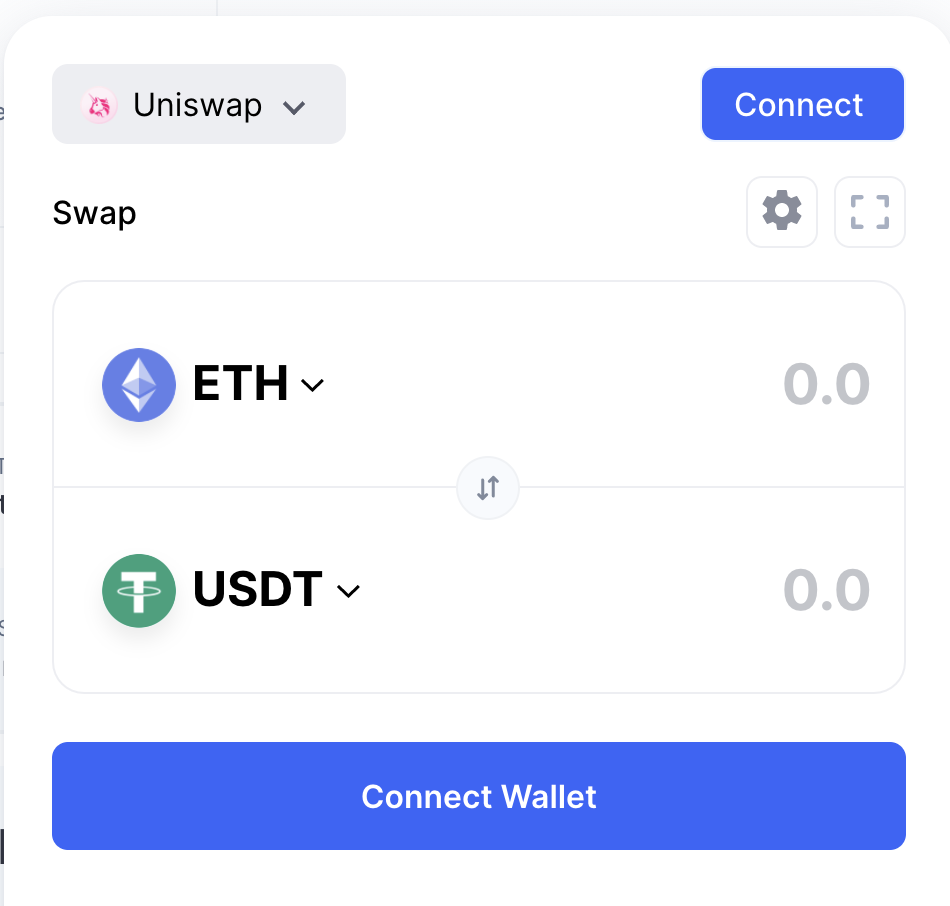Bitcoin’s hash rate — the computing power used to mine new blocks — has dropped 50% from its peak its May.
According to The Block’s Data Dashboard, the hash rate has decreased from 180 EH/s on May 14, to its current value of 90 EH/s.
Due to this reduction, bitcoin’s hash rate is back to levels last seen in May 2020. It also significantly counters the long-term upward trend and is the largest drop in history.
As The Block has reported, the main cause for the falling hash rate is the crackdown on bitcoin mining in China. After a high-level comment was made during the China State Council meeting last month, regions across China started issuing notices for miners to cease their operations. This has led to a huge decline in China’s contribution to the hash rate.
Another impact has been the falling price of bitcoin, which has dropped from a peak price of $63,500 in April to its current price of $35,300. This has made it less profitable to mine bitcoin (although the declining hash rate will counteract that).
Falling on-chain metrics
Bitcoin’s hash rate is not the only on-chain metric in decline.
The number of daily transactions on the bitcoin network has fallen to levels not seen since July 2018. According to the dashboard, just 200,000 transactions are being made per day (on average over the last seven days).
There has also been a decline in the number of active addresses on the network, although it only returns to April 2020 levels. The number of daily active addresses has gone down from 1.23 million to 765,000 per day — and far fewer new addresses are being created every day.
Bitcoin transaction fees are also much lower now, although this makes the network cheaper to use. They have fallen to around $7 on average per day, down from a peak of $54 per transaction in April.
The one metric defying the trend is the amount of capacity in the Bitcoin Lightning network. Since starting the year at about 1,000 bitcoin ($35.3 million at current prices), the amount of bitcoin locked up in the network has rapidly increased, rising to 1,640 million ($57.9 million) today.
© 2021 The Block Crypto, Inc. All Rights Reserved. This article is provided for informational purposes only. It is not offered or intended to be used as legal, tax, investment, financial, or other advice.
Go to Source
Author: Tim Copeland
